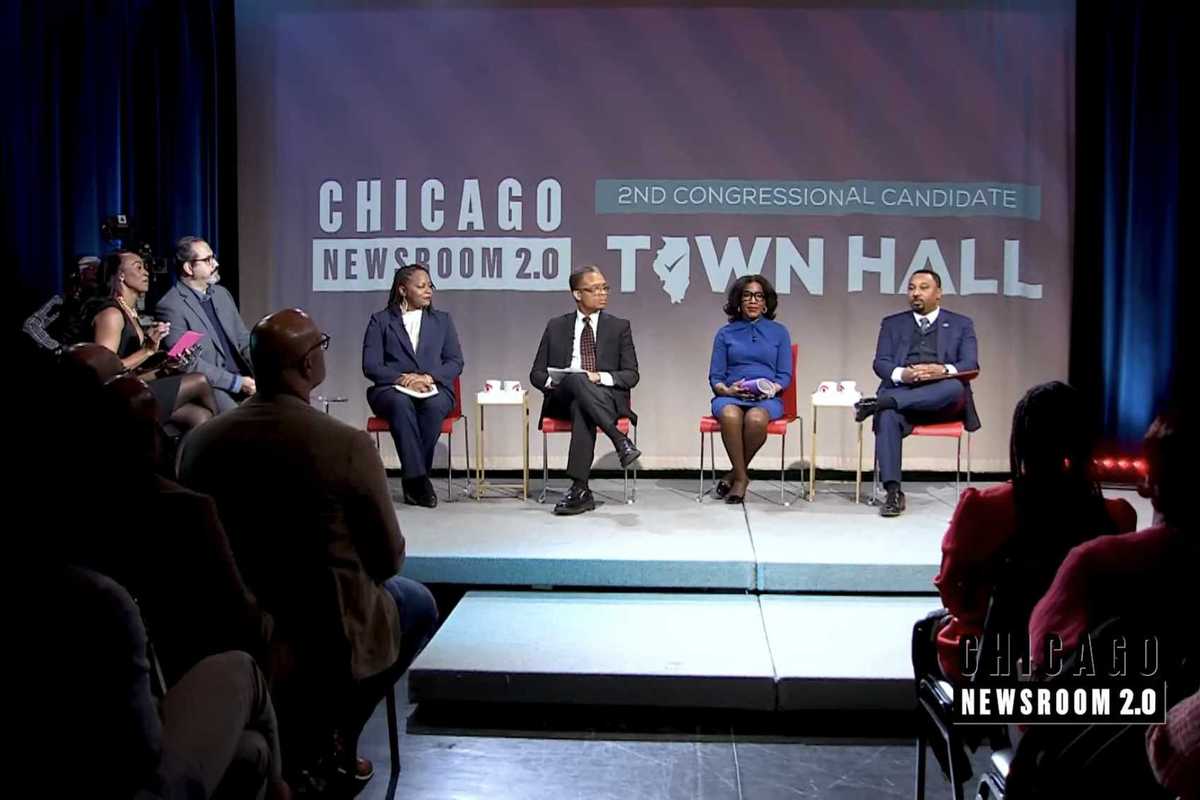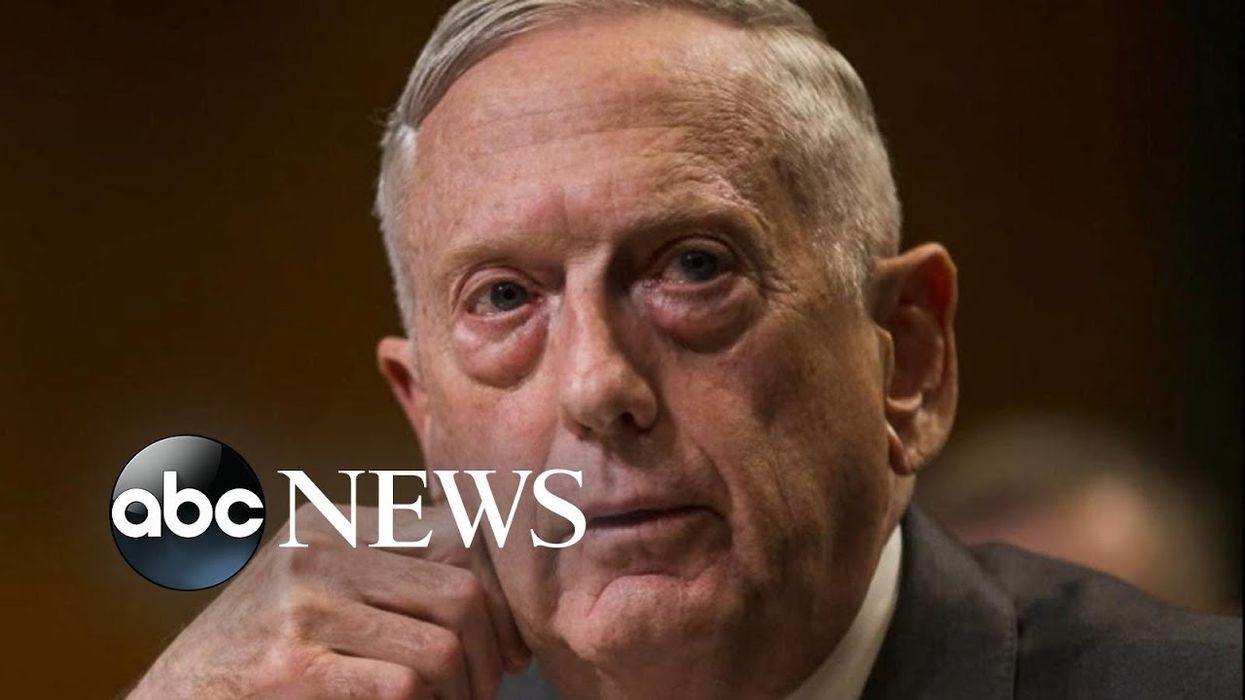President Donald Trump tweeted Wednesday the only thing he and former President Barack Obama have in common is "that we both had the honor of firing Jim Mattis." The tweet came after Mattis, a retired Marine Corps general, criticized Trump's response to the protests being carried out across the nation since the police killing of George Floyd, an African-American man in Minneapolis, Minn.
Trump didn't fire the general. Mattis served as his secretary of Defense from 2017, when he was confirmed by the Senate, until he tendered his resignation in December 2018 as he disagreed with Trump's decision to pull U.S. troops from Syria, according to U.S. officials. In the letter, he said his views and beliefs in foreign policy and strategy didn't align with those of the president.
Trump has claimed several times in the past he gave Mattis his "Mad Dog" nickname, which Mattis has openly said he dislikes. Yet, news reports have referred to him by the nickname as far back as 2004. During his Senate confirmation hearing for defense secretary, he said: "That nickname was given to me by the press, and some of you may have experienced similar occasions with the press where perhaps they didn't get it quite right." Other nicknames include "Chaos" and "Warrior Monk."



















